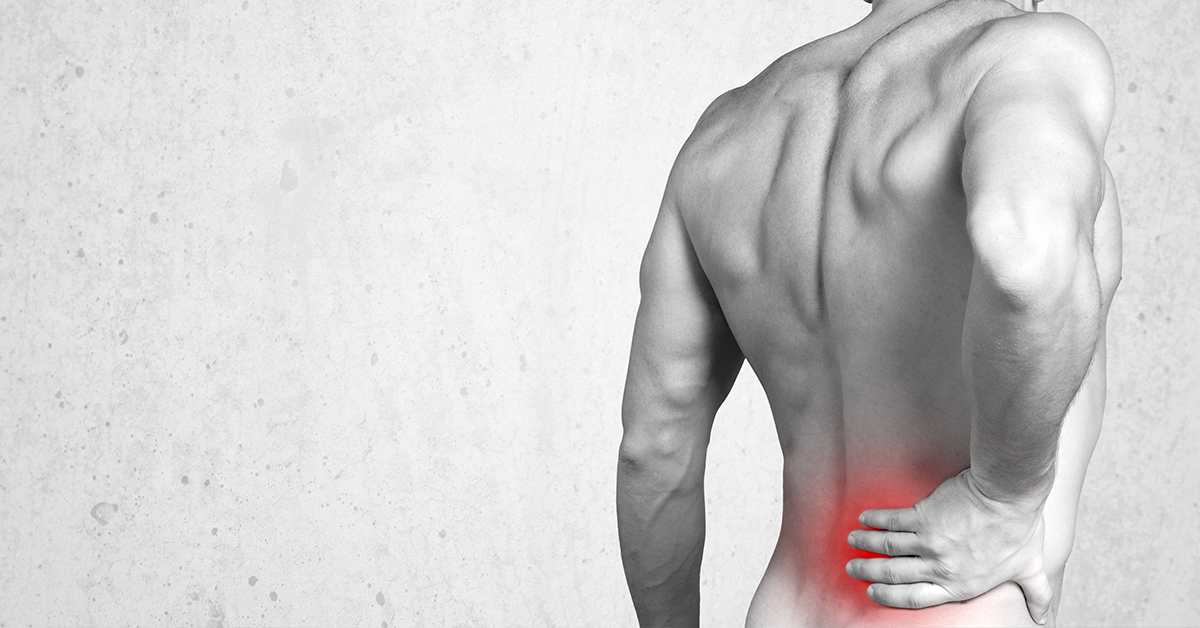
Is Back Pain a Genetic Condition?
There are countless reasons you may experience back pain. Maybe you got into a car accident or injured yourself while working out. Or perhaps you're living with a condition such as spinal stenosis, degenerative disc disease, or a herniated disc.
If your back pain is the result of a certain condition, rather than an accident or injury, you may wonder whether it's genetic. Some studies show that there may be a correlation between back pain and family history.
Studies on Back Pain and Genetics
In 2009, the Twin Spine Study was implemented in the U.S., Canada, and Finland to determine whether there was a link between genetics and lumbar disc degeneration. It discovered that yes, genetics does in fact have an effect on disc degeneration.
Another study on genetics and lumbar disc disease revealed that there may be a genetic component to lumbar disc disease. The study also found that those with lumbar disc disease likely family members who have the disease as well. In addition, the chances of lumbar disc disease was much greater in relatives.
Ways to Alleviate Back Pain
While you can't control your genetic makeup and prevent back pain at all times, you can alleviate it through these measures.
Exercise
Contrary to popular belief, physical activity can help, rather than hinder back pain. Do your best to engage in at least 30 minutes of exercise each day. You don't have to run a marathon or lift heavy weights. In fact, you should avoid these types of exercises and opt for low-impact options like yoga, pilates, swimming, and walking instead.
Over-the-Counter Pain Medications
If your back pain is worse than usual, an over-the-counter pain medication like ibuprofen may do the trick. Although they won't cure it, they may provide you with the short-term relief you deserve. It's important to note that over-the-counter drugs should be taken in moderation.
Hot and Ice Therapy
Hot and ice therapy is a simple way to find relief from back pain. You can apply ice and heat to your back for about 15-minutes every hour. Test out an ice pack or hot water bottle to figure out whether hot or ice therapy works best. You may find that alternating between the two yields optimal results.
Physical Therapy
Physical therapy exercises can stretch and strengthen your back, especially if you perform them on a regular basis. A physical therapist can evaluate your condition and design a customized treatment plan to mitigate your pain.
If your back pain persists despite these conservative measures, consult a doctor. They can diagnose your condition and provide recommendations for next steps.


